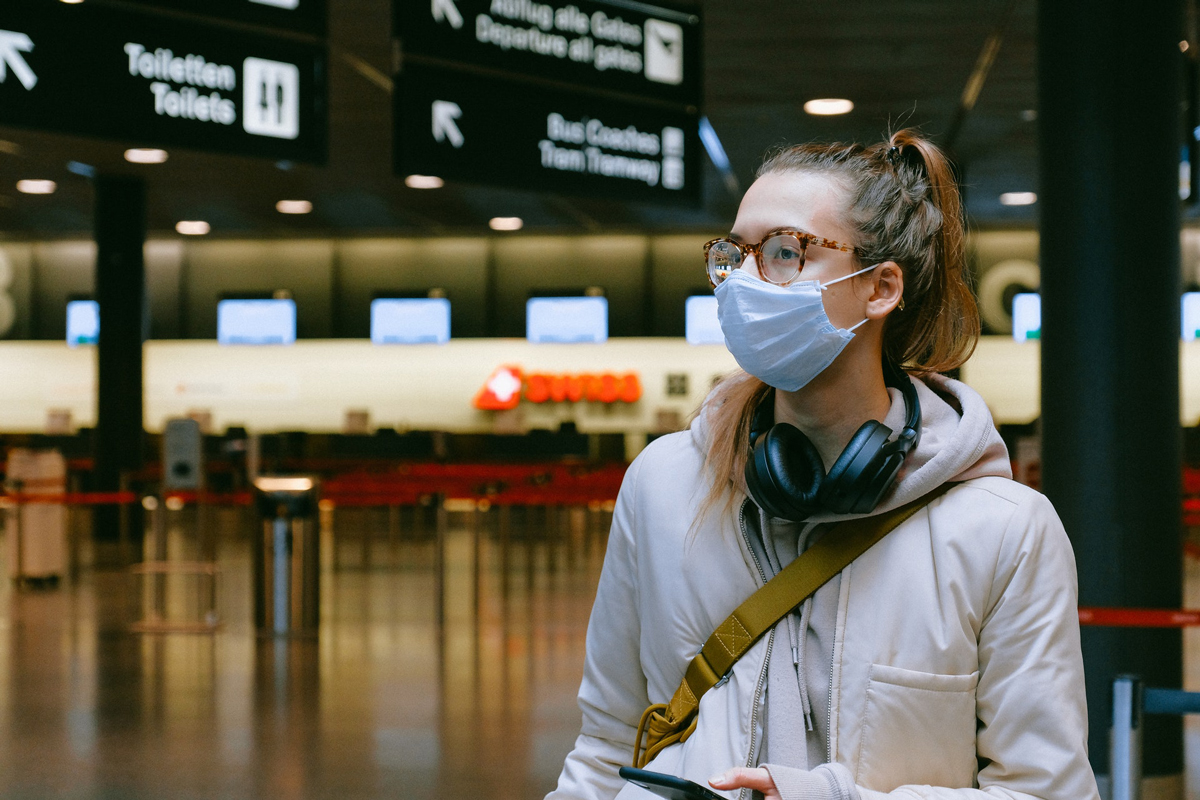Learning from our mistakes
Why haven’t we done anything to prepare for this pandemic?

We lock the barn after the horse is stolen. The current situation made me remember this popular saying my grandmother used to repeat. If we knew that sooner or later there would be a new pandemic, why didn’t we do anything to prepare for it? Why is there no agreed-upon action protocol in crises such as these to avoid each country having to make decisions in a hurry? We have already seen that proceeding is very dangerous when it comes to a global health problem, because some rulers do not know how to manage this situation and do not even have a proper advisory committee ready to guide them through the period of uncertainty. The consequence is an unnecessary increase in the number of victims.
«Despite being aware of it since at least 2009, we have done virtually nothing in the last ten years to prepare for the next crisis»
In 2009, a new flu virus appeared that eventually led to the first pandemic of this century. Even then, it became clear that we were not ready for such a challenge. In the twenty-first century, pandemics are different from anything we have seen before. We live in a globalised world, distances have become very small. An outbreak in a remote market in China, which would previously have caused only local problems, becomes a threat to the entire planet in just a matter of days, thanks to the ease with which we move people and objects around the world. And, despite being aware of it since at least 2009, we have done virtually nothing in the last ten years to prepare for the next crisis.
Since the appearance of SARS at the beginning of the century, and shortly after MERS, we have know that coronaviruses are a new type of microbe we need to consider. Known primarily for causing colds, they suddenly proved capable of causing severe and highly contagious respiratory syndromes. And so they ended up on the list of pathogens that could cause a pandemic of unpredictable consequences, alongside the flu virus. This was a few years ago, and in spite of everything, many have been taken by surprise by the COVID-19.
Why? Because humanity finds it very difficult to plan for future uncertainty. Politicians do not consider investing resources to design a rapid response plan against a disease that does not yet exist, especially when we do not even know if it will take ten, twenty or thirty years to break out. To overcome this reticence, in 2018 the WHO created the concept of disease X and put it on the list of current health challenges (along with malaria, AIDS, etc.). This unknown disease of infectious origin would be caused by a new microbe and could appear at any time, exactly as has happened with COVID-19. But even so, we did not worry too much about it.
«Once again, we do not know which microbe will be responsible for them or how many years (or decades?) it will take, but the risk is real»
We are late, because we are in the middle of a crisis, but we can certainly anticipate the next one. Because there will be more pandemics, that much is clear. Once again, we do not know which microbe will be responsible for them or how many years (or decades?) it will take, but the risk is real. And keep in mind that next time we could be facing an even deadlier virus than SARS-CoV-2, which is relatively benign compared to other known microorganisms. Now is the perfect time to start working. Now we are aware of the danger posed by a pandemic and are realising that putting ourselves in the hands of ill-prepared leaders is foolish.
We have to learn from the mistakes of the latest pandemic, from the complacency of overcoming a crisis and not expecting another one to come in the future. We cannot strengthen our health system or research or resources only when we need them. We need to be proactive so that we can react more quickly and more decisively next time. It would be important for politicians to take note, because our future is in their hands.





